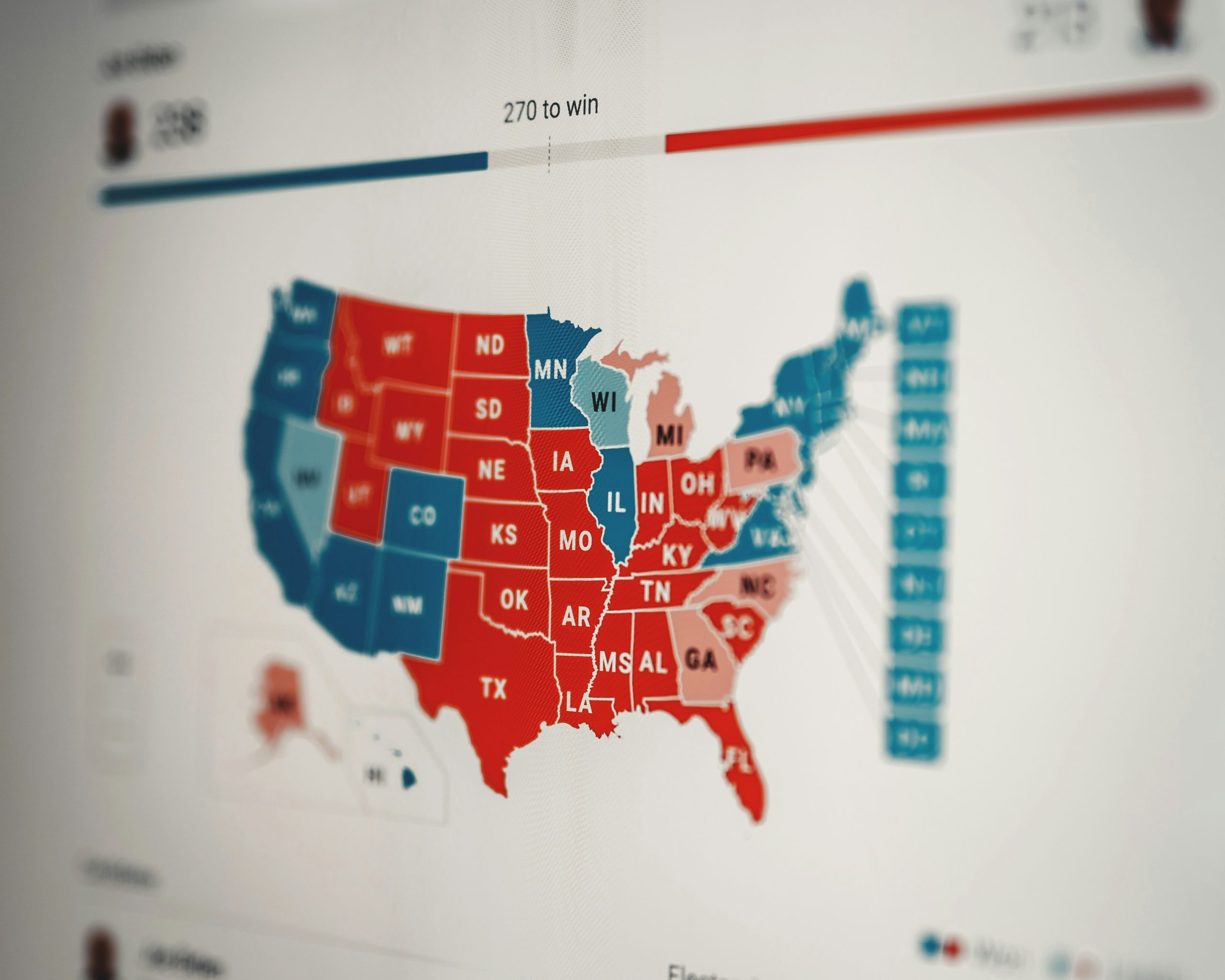The Future of Report Cards and Progress Tracking
The current education system, with its traditional report cards and progress tracking methods, has been in place for decades. However, as we continue to advance technologically, it’s time to examine the effectiveness and relevance of these methods. With the rise of personalized learning and the need for more frequent and accurate feedback, the future of report cards and progress tracking is set to undergo a significant transformation. In this article, we’ll explore the key factors driving this change and how it will impact students, parents, and educators.
The Limitations of Traditional Report Cards and Progress Tracking
Report cards have long been the primary means of assessing and communicating a student’s academic progress. They typically consist of letter grades, numeric scores, and brief comments from teachers. However, this standardized approach to reporting often falls short in providing a comprehensive evaluation of a student’s learning journey. It not only fails to capture a student’s strengths and weaknesses, but it also doesn’t account for different learning styles and individualized pathways.
Similarly, progress tracking methods like benchmark assessments and standardized tests have their limitations. They are often infrequent and don’t provide timely feedback, making it difficult for teachers to intervene and address learning gaps in a timely manner. Additionally, these methods tend to focus on a student’s performance rather than their growth, leading to a narrow view of their academic success.
The Rise of Personalized Learning and the Need for More Frequent Feedback
With the advancement of technology and the increasing demand for personalized learning, the one-size-fits-all approach of traditional report cards and progress tracking is becoming obsolete. Personalized learning recognizes that every student has a unique set of abilities, interests, and learning styles, and it tailors instruction accordingly. As a result, the need for more frequent and individualized feedback has become essential to support a student’s learning and growth.
Furthermore, personalized learning puts the onus on students to take ownership of their learning and track their progress. This shift in responsibility not only empowers students but also allows teachers to focus on differentiated instruction and providing timely interventions to support struggling students.
Technology: The Game-Changer for Report Cards and Progress Tracking
Technology has been a game-changer in education, and it continues to revolutionize the way we teach and learn. With the advent of learning management systems (LMS), online assessment tools, and digital portfolios, the future of report cards and progress tracking is set to be more efficient, accurate, and transparent.
These digital tools allow for continuous and real-time tracking of a student’s progress, providing detailed feedback on their skills, areas of improvement, and growth. They also enable the integration of visual aids, multimedia projects, and other non-traditional methods of assessment, giving a more holistic view of a student’s learning. Additionally, these tools make it easier for parents to stay informed about their child’s academic progress and to be more involved in their learning journey.
Challenges and Concerns
While the shift towards personalized learning and the use of technology in report cards and progress tracking has many benefits, it also comes with its challenges and concerns. One major concern is the reliance on technology and the potential for data breaches and privacy violations. Proper measures must be in place to safeguard student data and ensure its ethical use.
Another challenge is ensuring equal access to technology and training for teachers and students. Not all schools and districts have the resources to implement these advancements, creating a digital divide among schools and students. It’s essential to prioritize and invest in equitable access to technology for all students to reap the benefits of personalized learning and digital tracking.
The Way Forward
The future of report cards and progress tracking is undoubtedly evolving towards more frequent, individualized, and technology-driven methods. As we continue to embrace personalized learning and innovative tools, it’s essential to also focus on the educational goals and the needs of students. The ultimate aim should be to provide a comprehensive and accurate assessment of a student’s learning journey, while also promoting their growth and success.
In conclusion, the traditional report cards and progress tracking methods have served us well, but it’s time for a change. With personalized learning, technology, and a student-centered approach, the future of report cards and progress tracking is set to be more efficient, accurate, and meaningful for all stakeholders involved.










